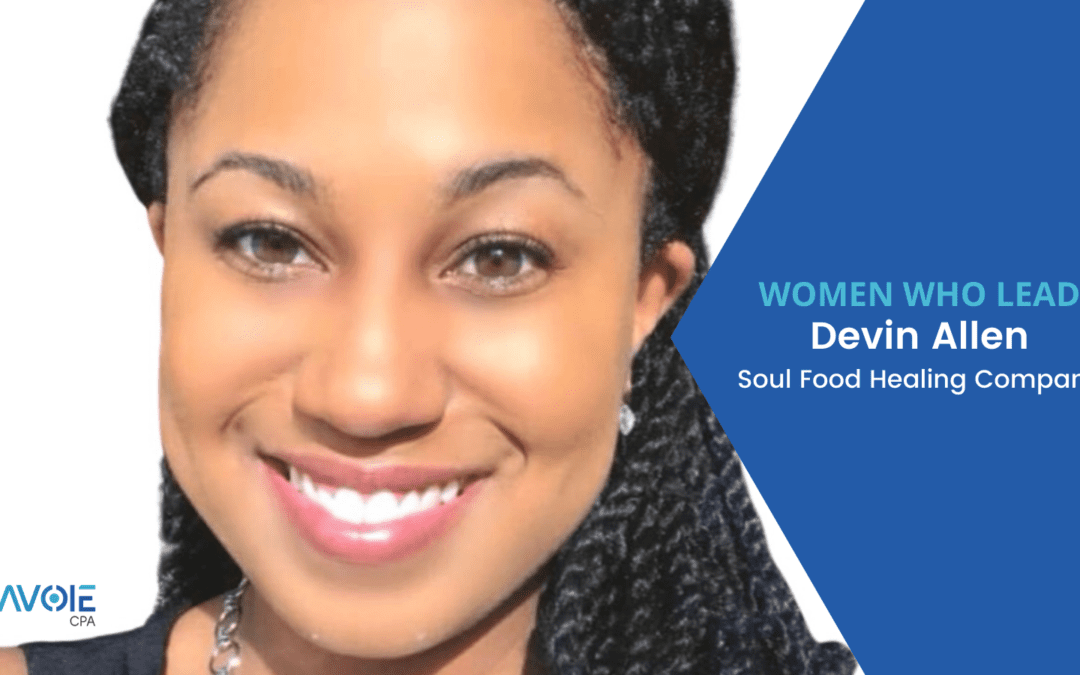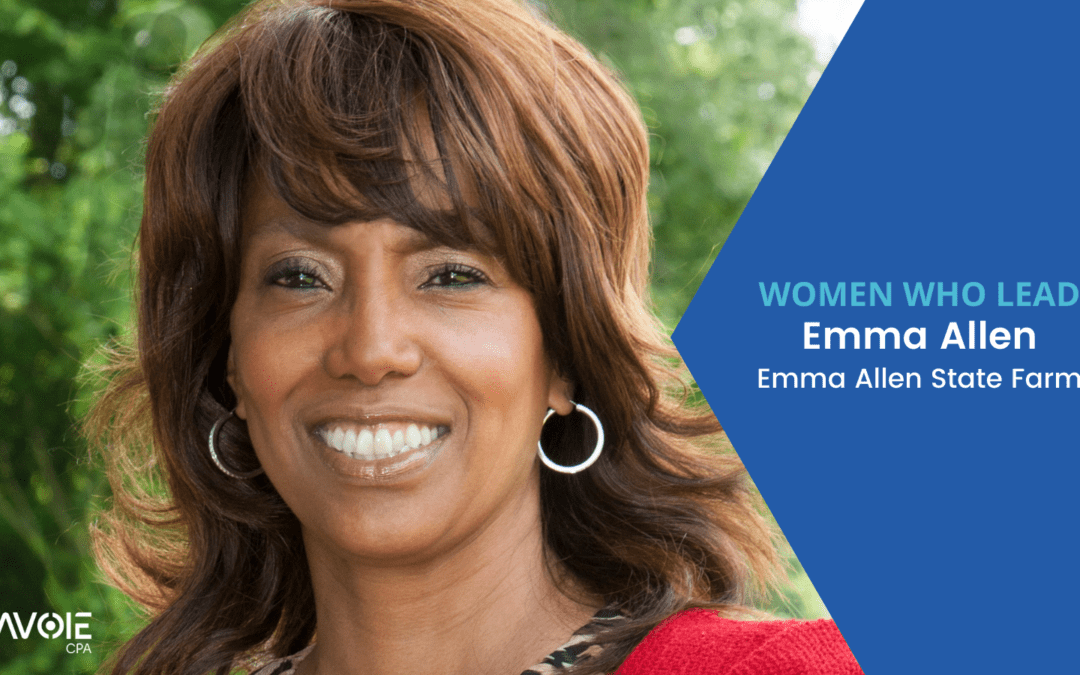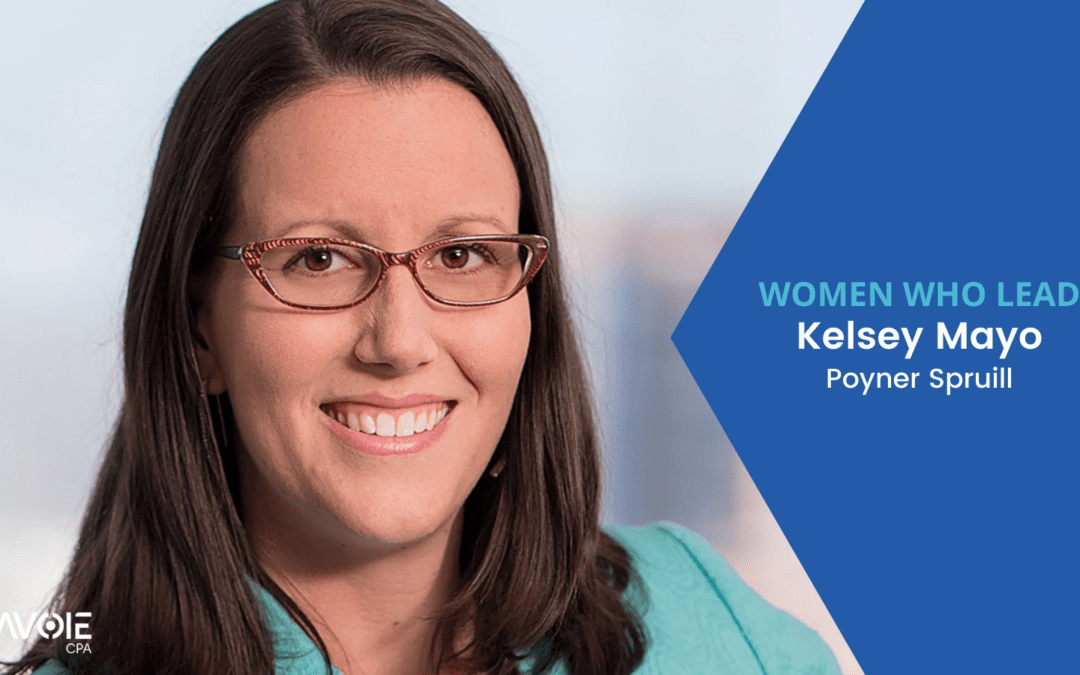
Top Private Equity Accounting Mistakes & How To Avoid Them
Accounting is one of the most important ingredients of success for private equity firms large and small.
When outsourced accounting is optimized for the best practices of private equity, it becomes an additional catalyst for success. On the other hand, if accounting is not done properly based on the unique aspects of a private equity firm, the results can seriously hinder performance.
In order for private equity accounting to be a catalyst for success, it needs to be competent and actually bring value in several key areas including:
- Leveraging next-generation automated accounting technologies to enable scale
- Seizing any and all opportunities to put in place real-time accounting reporting
- Extracting value from accounting practices to support strategic growth
While the goals for private equity accounting teams are clear, reaching them can prove challenging. In this article, we want to take a closer look at a few of the most common accounting mistakes made by private equity firms and how those mistakes can be prevented.
3 Private Equity Accounting Mistakes & How To Avoid Them
1. Failure To Scale Accounting Systems
One of the primary accounting mistakes made by private equity firms is the continued use of manual accounting processes while trying to scale growth. If your accounting team is spending most of their time manually performing tasks, the growth of your portfolio companies will be hindered.
The key to avoiding the failure to scale accounting systems is by implementing clearly defined workflows across intradepartmental teams, which are backed by automated accounting technologies.
There is an increasing number of accounting software-as-a-service (SaaS) platforms covering a wide range of accounting functions. It can be helpful for private equity firms to consult with qualified accounting SaaS specialists to help build an ecosystem of these platforms for your firm.
This accounting SaaS ecosystem will bring automation and scale to the accounting operations across your portfolio. Instead of hindering growth, this automation will help scale and empower your firm’s growth.
2. Making Key Decisions Based on a Lack of Real-Time Information
Private equity firm principals and partners need to have the most up-to-date accounting data as possible.
Prior to the entrance of SaaS accounting platforms, private equity leaders had to rely heavily on the CFO for the pulse on the accounting state of affairs. And often, the CFO themselves did not have the most up-to-date accounting reports. With the introduction of an automated accounting software ecosystem we previously discussed, it is now possible for all leaders of the firm to have access to real-time accounting data.
This real-time view of accounting reporting and performance is a game-changer for the private equity industry. Leaders of private equity firms can now make the most informed decisions possible about their portfolio companies.
Often events can unfold rapidly in the mergers and acquisitions world, and vital decisions about the future of a given portfolio company need to be made quickly. In these situations, the old method of having to wait weeks for accounting data to be compiled is a thing of the past. With the current software ecosystems properly implemented, private equity leaders have the key information they need in real-time to make important decisions.
It is imperative that CFOs and accounting leaders avoid the mistake of allowing delays in their accounting reporting systems due to outdated technologies and processes. If these delays aren’t remedied, the leaders of these firms could end up making poor strategic decisions about their portfolio companies and that could prove very costly.
In order to ensure you are taking advantage of all the opportunities to put in place real-time accounting reporting systems, it is helpful to partner with a consultant that has the ability to understand your unique portfolio and where those opportunities exist. Doing so will result in tremendous benefits for the leaders of your firm when it comes time to make big decisions about the future.
3. Mismatched CFOs
Selecting a CFO for your private equity firm is one of the most important decisions you will make. One of the key roles your CFO should play is in knowing how to use accounting practices to aid rapid growth.
As we discussed earlier, many private equity firms have a growth focus. The mistake that is commonly made is when a private equity firm hires a CFO who does not have robust experience in running the accounting practice to maximize the growth of the organization.
The reality is many CFOs come from backgrounds that are focused more on accounting for mature companies. In these contexts, the CFOs have not spent enough time in a high-growth environment. They may be very capable CFOs—even coming from very large enterprises. However, if they have not had experience in running a successful accounting operation towards growth, they will likely be unqualified as the CFO of a private equity firm.
In order to avoid these mistakes, private equity firm leaders should search for CFOs with demonstrated experience in creating and running accounting systems for high-growth companies.
For CFOs to be successful with accounting practices in a growth environment, they need to have the ability to bring meaningful strategic guidance to the leaders of the firm. This ability to bring guidance can only come from significant past experiences in running the accounting operations in sometimes volatile and chaotic growth environments.
These CFOs are not expecting to show up on day one and have tightly organized systems in place. On the contrary, they have had past experiences taking a somewhat disorganized, rapid growth situation and cleaning up the accounting operations—streamlining and scaling them in order to foster further growth.
The best way to find a CFO who could be a potential fit for your private equity firm is to ask them during the interview process what strategic growth-related guidance they have given from an accounting perspective in the past at their previous organizations.
Let Accounting Help Grow Your Private Equity Firm
At a big-picture level, the accounting practice for your private equity firm needs to be just as growth-focused as the rest of the firm. CFOs with a maintenance-only mindset who lack the ability to bring strategic accounting guidance to the table when it comes to growth, will not let your firm realize its full potential. Our team of experienced outsourced CFO professionals brings extensive knowledge and industry-specific insights to strengthen your financial decision-making for your private equity firm.
Similarly, sticking with outdated accounting technologies and processes will hinder the growth of your firm as you try to scale your portfolio. Not only should you seek the assistance of a qualified consultant to help you select and implement an accounting SaaS ecosystem, you should also have this advisor help you bring real-time accounting reporting to all the leaders of your firm.
In the midst of rapid growth, it can be difficult to find the time and resources to take the appropriate steps you need to take to ensure the success of your accounting operation. That is why it can be helpful to find a consultant you can trust to aid you in these important initiatives for the future success of your firm.
To learn more about how Lavoie can help your private equity firm avoid making the mistakes in this article, contact us online or give us a call at 704-481-6699 today.




